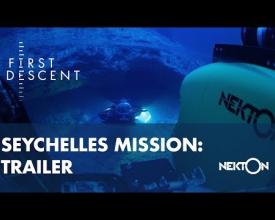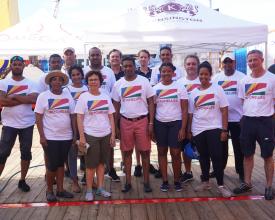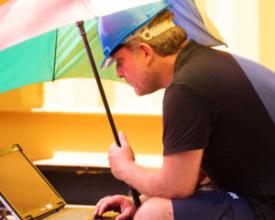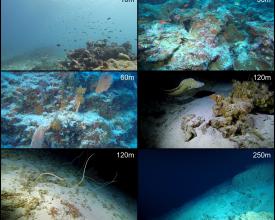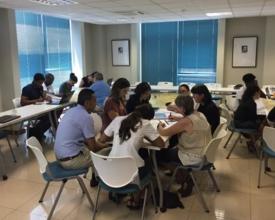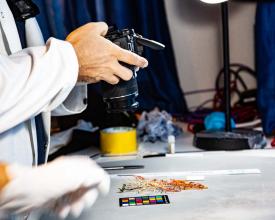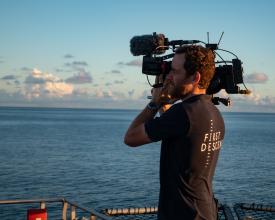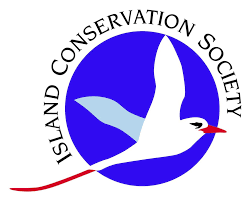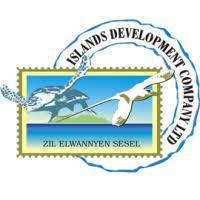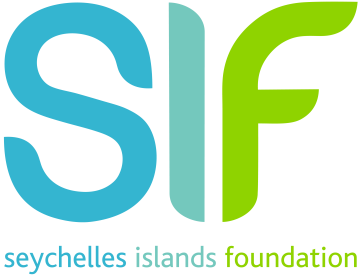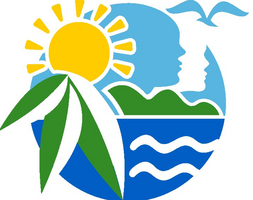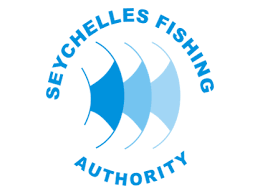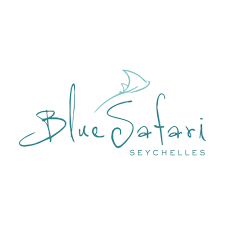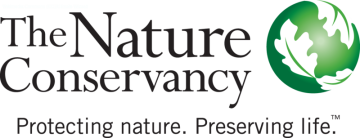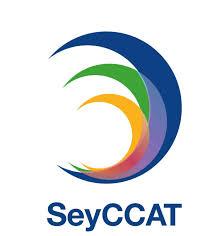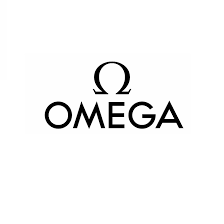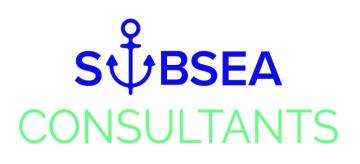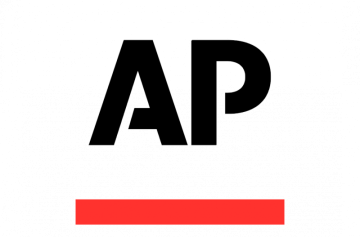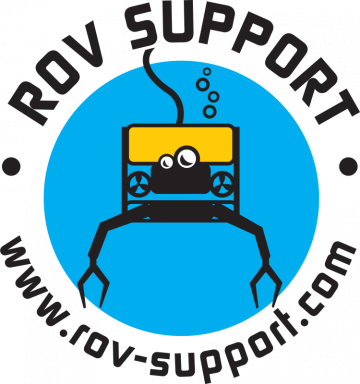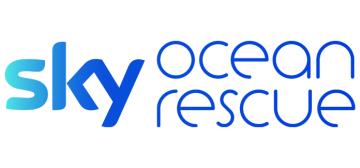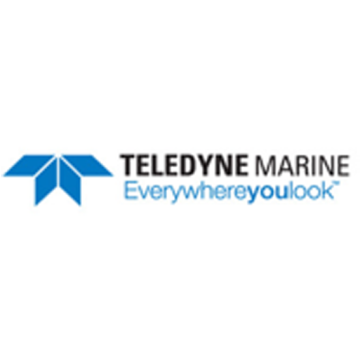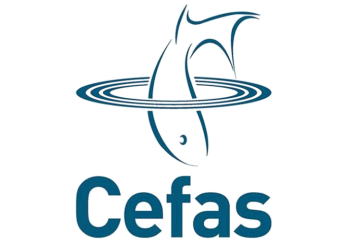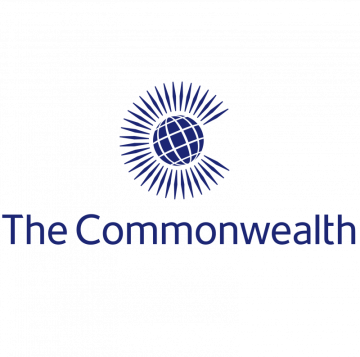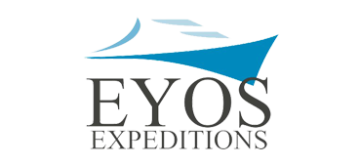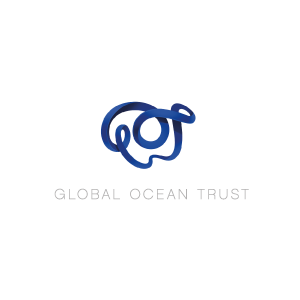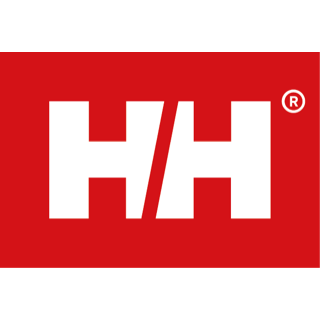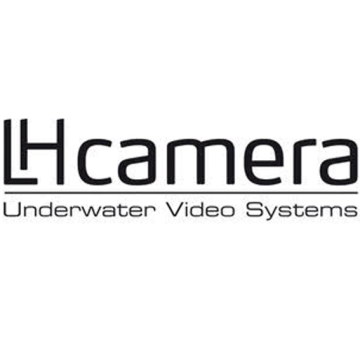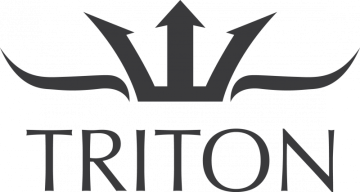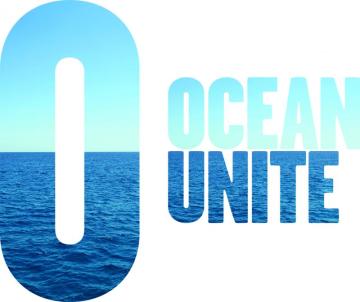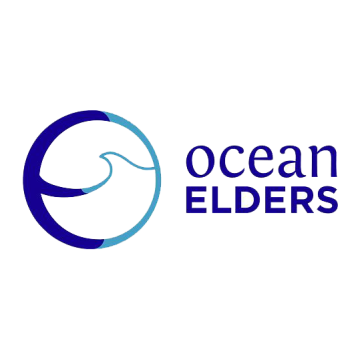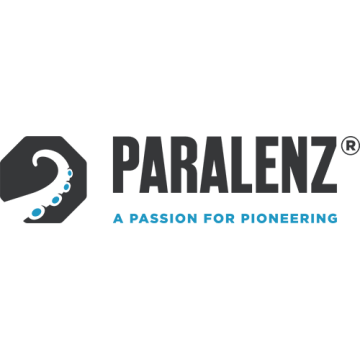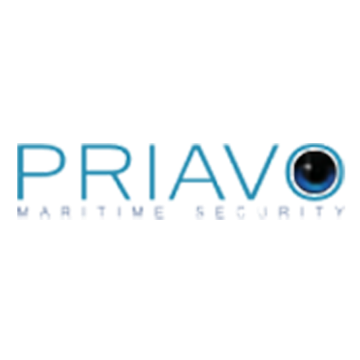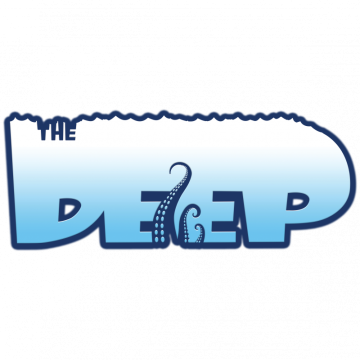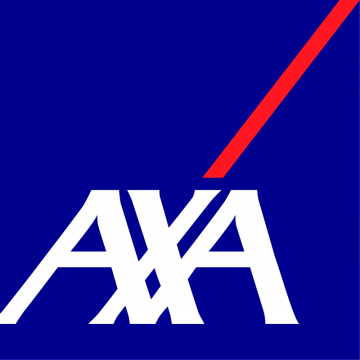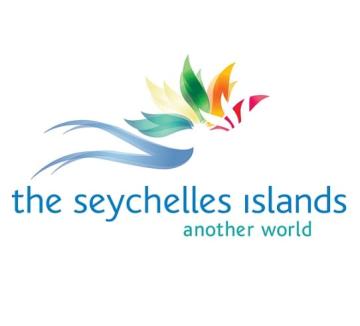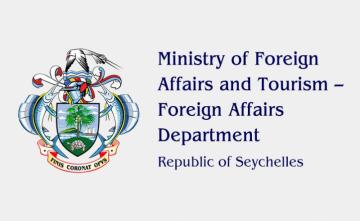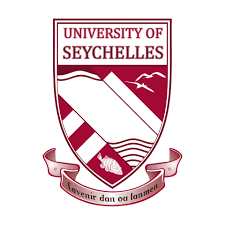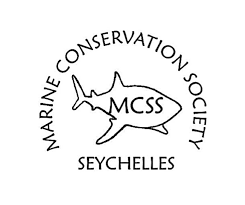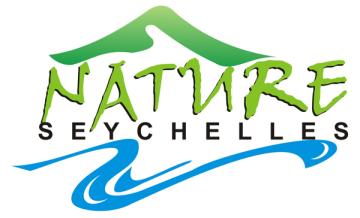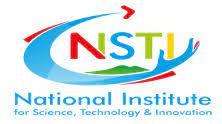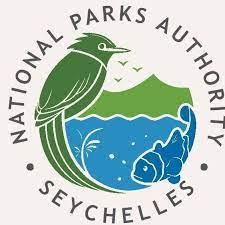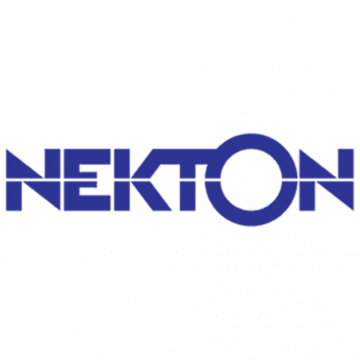
Co-producing deep sea science for a more equitable and inclusive future
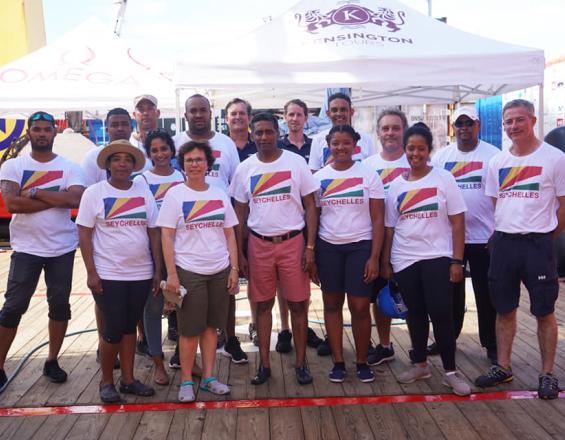
The deep sea is present in the waters of 70% of countries, but only 17% of these have the resources, equipment, and expertise to be able to observe, research and sample these depths.
To bridge the gap and promote a more inclusive, equitable approach to deep-sea research, an array of activities needs to be undertaken. This includes long term training, deep-sea literacy activities, better accessibility to networks and resources, and co-producing research with host nation countries.
By co-producing deep-sea science, we can start to address the exclusive nature of surveying the deep sea and further ensure that the research conducted is wanted, useful and supportive of national objectives. A small step towards levelling the playing field and creating long-term mutually beneficial outcomes.
Nekton aspires to conduct deep-sea science worldwide using the values of co-production, we aim to learn, grow and improve our collaborative approaches with each of our interactions and share our learnings with others.
Context
Challenges addressed
- Knowledge gaps of the deep sea exist globally, but this is much more prominent in the Southern Hemisphere, and in the territorial waters of low- and middle-income nations.
- The sparse knowledge accruement is due to the resource disparities that exist within the deep-sea field.
- The knowledge gaps mean that decision makers either do not regularly consider the deep sea or assumptions that are used to inform policies are made from data that are not comprehensive or even representative of the deep sea in their waters.
- Without localised data, equitably sourced to meet national needs, it is not possible to provide a baseline of deep-sea health, to apply appropriate management plans to protected areas, or monitor the state of the ocean.
Location
Process
Summary of the process
Our experience suggests that conducting research using a co-production philosophy amplifies the benefits of research. By first building trust and a relationship with the host-nation country, we set the foundation for a fruitful and long-term relationship that delivers long-term value. Frequent, open and trusted communications limits occasions of misunderstandings and ensures that conflict resolution can occur in a timely manner. These key-stone actions, ensure that mutually-beneficial agreements can be drafted with all partners. Our approach was by no means new or perfect but we hope it does provide an example of how multiple activities can be co-defined and co-delivered in an integrated and impactful way. We believe that being open, authentic, and intentional in how we conduct field research, especially in the deep-sea, should be the norm and not the exception.
Building Blocks
Co-production and building trust
It is not straight-forward to build trust. It can take time, skill, and resources, particularly finance and personnel. Nekton ensured that early engagement with the Government of Seychelles and Seychellois stakeholders began a year prior to the actual start of the Seychelles-Nekton field expedition. This allowed ample time to start building connections and relationships with the stakeholders and partners based in Seychelles. The Government of Seychelles gathered other locally based partners and stakeholders to build and frame a joint agenda of needs that would inform the research during the Seychelles-Nekton Expedition which took place in 2019. Co-production of the expedition included organising workshops to identify research locations, defining the pertinent research questions along with determining the stakeholders’ interest in leading specific projects.
Enabling factors
- Trust
- Mutual respect
- Flexibility in timelines
- Time
- Resources
Lesson learned
- Relationships are not easily created or maintained
- Ample resources need to be allocated to effective and fruitful engagement
Open and frequent line of communication
Open dialogues with our main partner, the Government of Seychelles during every stage of the project ensured that changes and amendments could be easily made with their input. For example, field locations where easily amended as a result of bad weather, ensuring no time was wasted while at sea. Furthermore, a clear expectation of sample collection and updates during the expedition meant that Convention on International Trade in Endangered Species of Wild Fauna and Flora (CITES) inspections could be made on arrival back into port, expediting the export permits, and thereby helping to facilitate the Government to fulfil their regulatory requirements.
Enabling factors
- A clear line of communication established from the onset.
- Clear guidelines established regarding changes to cruise and research plans.
- Setting expectations so that changes in the program could happen depending on circumstances
Lesson learned
- Flexibility and a clear line of communication is imperative in any project. This ensures that all parties are being engaged, their views included and that changes to the research program can be facilitated as necessary.
- Communications are key to ensuring that no misunderstandings occur and when clarity and adaptation is required, there is a clearly agreed path for conflict resolution.
- A tailored approach to communications is essential and required to align different partners’ expectations, objectives and commitments.
Ownership of Samples and Data
Historically, expeditions and science research have had a reputation of taking a top-down approach including through the practice of ‘parachute science’. This includes the desire to collect numerous and diverse samples and data that is then stored outside the reach of host-nation countries. This is often especially true for research in countries that are under-resourced and can be influenced by, and / or directed by, scientists from other nations that can have more resources. As part of the co-production philosophy, we wanted to ensure that the host-nation, Seychelles, had complete authority over the data and samples collected. Together with the Government of Seychelles, we co-drafted an array of agreements that ensured that both the samples and the data was fully owned by Seychelles.
Enabling factors
- Mutual understanding of needs for sample storage outside of Seychelles, recognizing that Seychelles currently lacks the facilities to store biological samples.
- Mutual understanding that all data that was worked on belongs to Seychelles and requires Seychelles permission to be made openly available and accessible.
- Resources to ensure samples can be moved to partner institutions with the agreement of the Government of Seychelles.
Lesson learned
- Drafting and agreeing on text is a long process and requires months and sometimes years to finalise.
- Partner with institutions that share the philosophy and spirit of co-production.
Joining Science and Communication
Scientists are often criticised for their inability to communicate research expeditions and outcomes to public audiences, both in the nations where they operate and also internationally. Nekton was founded on the principle of bringing science and story-telling together to amplify host nation scientists as leading voices and ambassadors. During the expedition, the first descents were undertaken by Seychellois scientists. Through partnership with Seychellois media, content was produced, published and broadcast within Seychelles. In partnership with Associated Press and Sky, content from the expedition was published and broadcast in 140 countries globally including 18,000 articles (in print and digital) and over 4000 video broadcast packages. These included the first live subsea documentary series, newscasts and Presidential Address by the President of Seychelles, Danny Faure.
Enabling factors
- Flexibility in planning daily activities
- Mutual understanding of science and media needs and activities
- Narratives owned by the host nation country
- Partnerships with host nation and international media partners.
Lesson learned
- Pre-familiarisation of science and communication team is imperative to ensure an easy workflow
- Science and Communication plans need to be co-produced together to identify and then create content that reflects these ambitions.
Resources
Impacts
- Outputs that are implementable to address and fulfill co-defined national needs such as: creation of a field guide, supporting government where requested with processed data and input on reports.
- Increased public awareness and professional enthusiasm for deep sea science within Seychelles and the Western Indian Ocean.
- Increased knowledge in Seychelles to support long-term national and regional goals and ambition.
- New networks established within Seychelles, the Western Indian Ocean and internationally to support development of new initiatives.
- Knowledge sharing between scientists from Seychelles and internationally.
- New opportunities and relationships built to create longer term projects including a new deep-sea science course and MOOC hosted by the University of Seychelles including for scientists from the Western Indian Ocean (launched in late 2022).
- New data from a never explored habitat illuminated and shared with the public and policy makers.
Beneficiaries
- Government of Seychelles
- Seychelles Coastal and Climate Adaptation Trust Grantees
- Regional and global taxonomists
- Host-nation country viewers
- Nekton Foundation
Sustainable Development Goals
Story
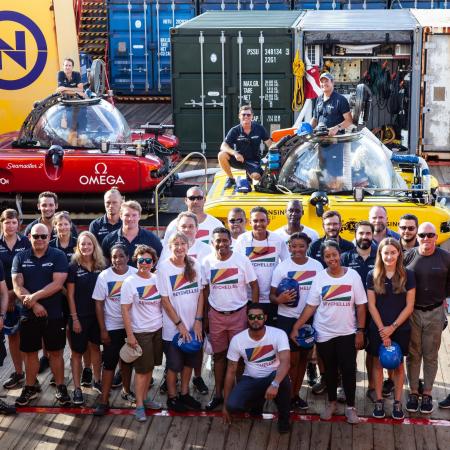
The UK NGO Nekton was invited by the Government of Seychelles to undertake a co-produced deep-sea expedition in Seychelles waters in 2019. One of the agreed goals was to create a new knowledge base of deep-sea science in the Indian Ocean region. The expedition was co-developed over the duration of year and included the participation of Seychelles based NGO’s and agencies as per the invitation and leadership of the Government of Seychelles. The series of stakeholder meetings and science planning workshops took place in 2018 and determined a focus on documenting life from the surface to 500m and the associated environmental parameters, to improve our understanding of the patterns of biodiversity and their environmental drivers.
By co-producing deep-sea science, we can start to address the exclusive nature of surveying the deep sea and further ensure that the research conducted is wanted, useful and supportive of national objectives. It is small but important step towards levelling the playing field and helps to create long-term mutually beneficial outcomes and begin to mitigate the effect of parachute science.
Whilst, the Seychelles-Nekton expedition, was limited to 2018 to 2022, the relationships and partnerships that were established have enabled new projects to be realised with partners within the Seychelles and the region. A co-produced approach to science can lead to a long-term relationship built on mutual respect that delivers benefits to people and the planet, at a national and international level.

